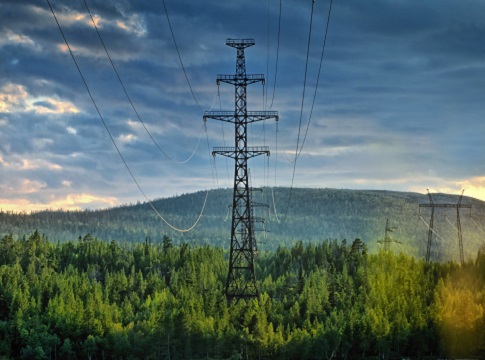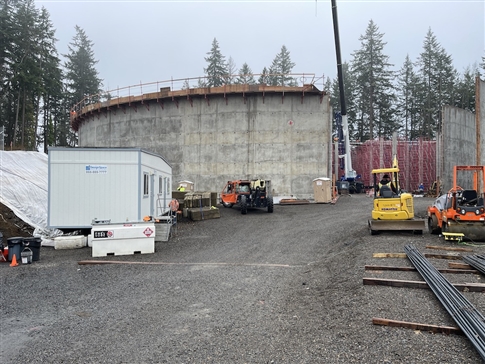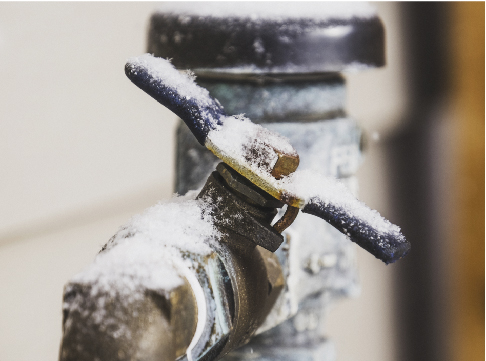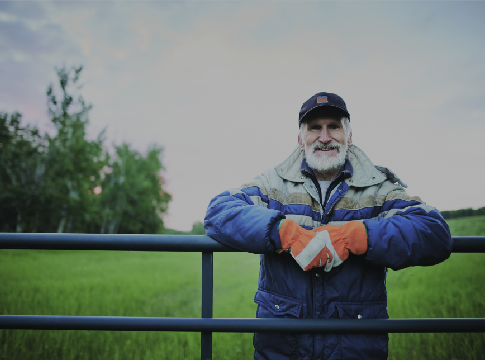There's always the possibility that a natural or human-caused disaster could affect us here in the Pacific Northwest.
"Be 2 Weeks Ready"
Experts recommend being two weeks ready for an emergency. This means having enough non-perishable food, water, and emergency supplies for your family to last two weeks. This will help emergency responders focus limited resources on injured and other vulnerable populations immediately following a disaster.
Remember, emergency preparedness is a shared responsibility. Here is some information to help you prepare and stay safe in the event of an emergency.
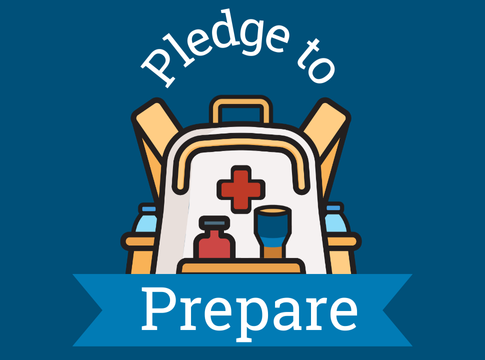
Pledge to Prepare
Increasing our overall disaster resilience is the responsibility of every community member. The Oregon Office of Emergency Management encourages residents to be prepared to be on their own for a minimum of two weeks.
Pledge to Prepare is a monthly newsletter that includes a 12-month, step-by-step plan to prepare your home and family for an emergency. If you are overwhelmed by the thought of preparing your home and family for a natural disaster, join the Pledge to Prepare and you'll have support every step of the way.
Take the Pledge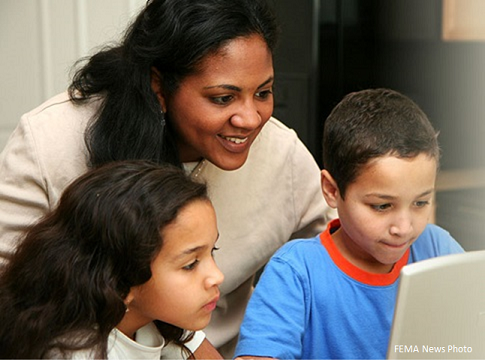
Your Emergency Plan
Have you talked with your family about an emergency plan?
What about an evacuation plan?
Preparedness begins by considering what each person in your home might need and understanding the risks you might encounter. The goal is to ensure that everyone in your household is ready.
Here are some tips about creating an emergency communication plan.
Sign up for local emergency alerts.
Learn more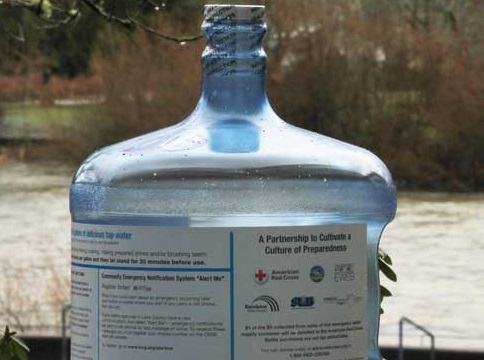
Your Water Plan
Do you know how to store and treat emergency water for drinking? Would you like to learn how to secure your water heater and access the water during an emergency?
Following a disaster, clean drinking water may not be available. Experts recommend that residents of the Pacific Northwest store 14 gallons of water per person in your household (enough for two weeks).
Here are some helpful instructions on emergency water to consider in your home.
Learn more
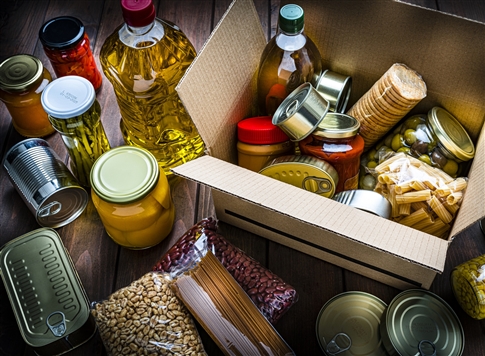
Your Food Plan
What type of foods does your family like to eat?
When dealing with an emergency, eating unfamiliar foods places more stress on everyone, especially young children. Choose foods your household will eat that don't require refrigeration and have a long shelf life.
Do you have alternative cooking methods during a power outage?
Here are some ideas for stocking your emergency food supply and planning for power outages.
Learn more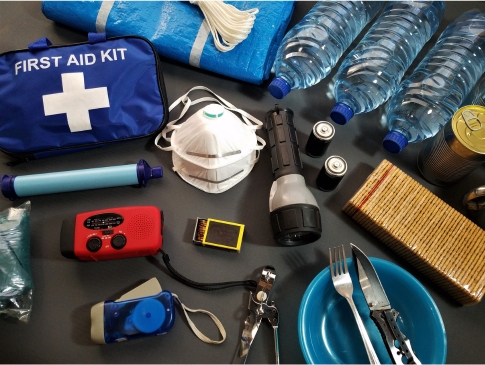
Your Emergency Kit
What should you put in an emergency supply kit?
Have you considered waste disposal and hygiene items?
Here are some ideas to help your family stay safe and comfortable during an emergency.
Learn more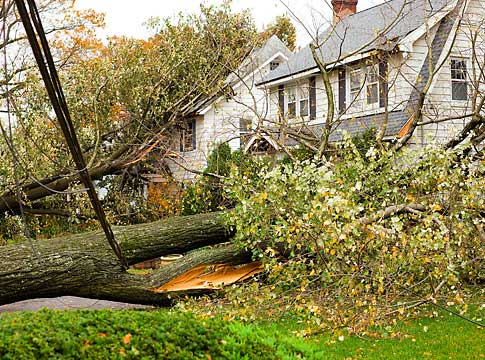
Utility Emergency Tips
Being prepared for a power outage or water emergency is critical to the health and well-being of your family.
Natural disasters like earthquakes can damage water infrastructure and winter storms can lead to prolonged power outages.
Here are some tips to be prepared for the possibility of a disruption in your utility services.
Learn MoreCommunity wildfire prevention is increasingly important as climate, drought and a host of other issues are converging—resulting in more frequent and damaging wildfire events.
We're making investments to prepare, replace and maintain our community's water system.
Winter can bring icy winds and below freezing temperatures, which can do a lot of damage to your home. Protect your home and keep water flowing by preparing now.

